When instinct takes a darker turn – I’m a psychologist and these are 5 warning signs your tidying is sliding into 'pathological productivity' and how to strip it back
Enjoy a tidy home with less stress and more rest

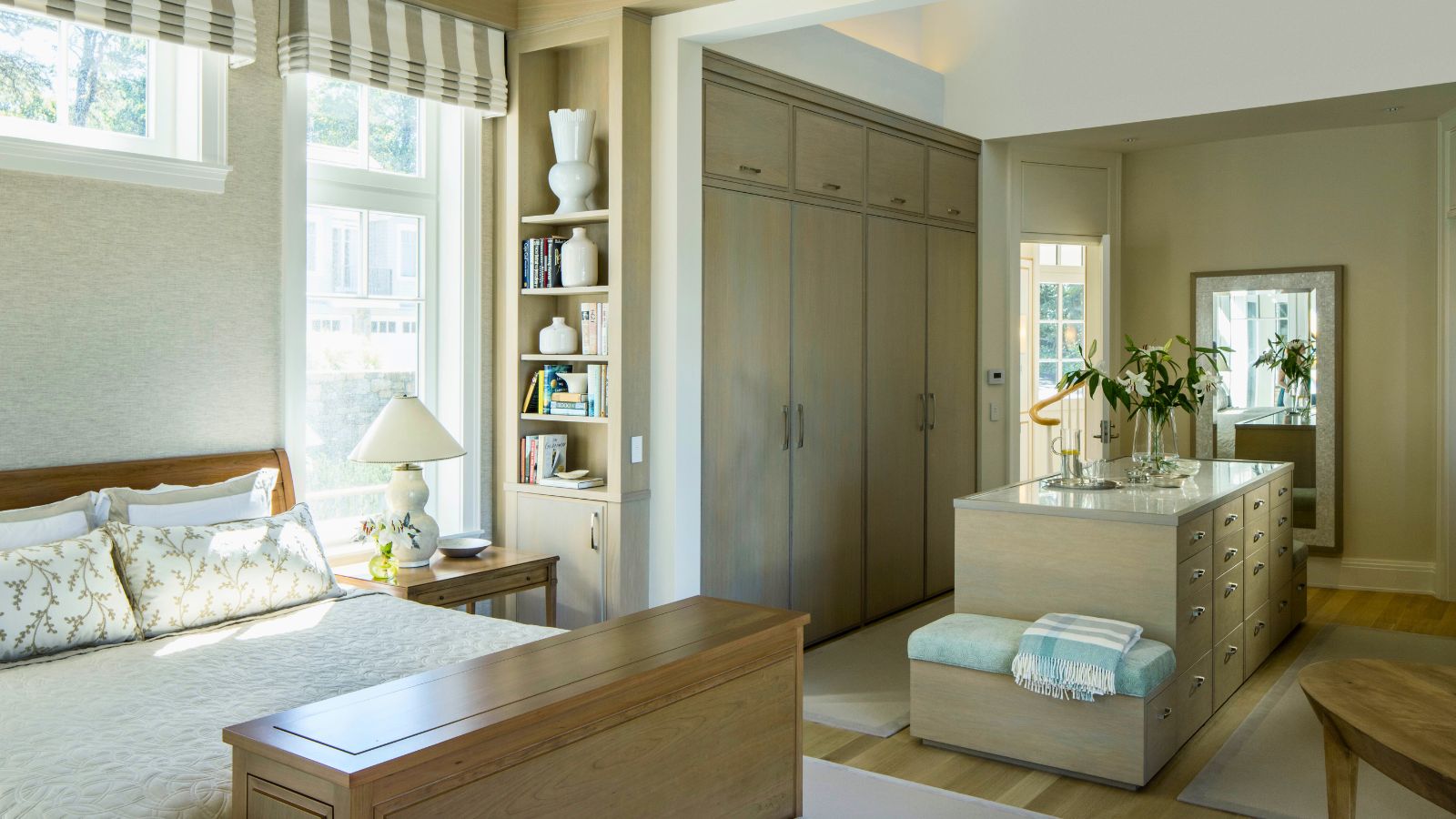
Before we get into it, it’s important to first say that 'pathological productivity' in the context of tidying or decluttering is not a mental health diagnosis or formal psychiatric disorder.
Rather, it's a useful way of describing a pattern of behaviour that doesn’t serve you positively. It focuses particularly on when productivity shifts from being healthy to somewhat compulsive and rigid.
Where pathological productivity intersects with tidying, some habits and thought patterns that lean toward over-control, managing your anxiety through 'doing', and can lead to self-punishment. Here’s how to spot the signs it's happening to you and how to break the cycle.
5 signs your housework habits are sliding into pathological productivity
We live in a culture that loves a 'before and after' story: The spotless kitchen, the perfect capsule wardrobe, the Instagram-worthy shelf. That's why using decluttering methods and cleaning tips can feel like the ultimate way to get on top of things when life feels messy, uncertain, or out of our perceived control.
But sometimes that helpful instinct takes a darker turn. What starts as ‘I’ll just put things away’ morphs into ‘I can’t rest until every corner of this house is magazine-ready.’ This housekeeping perfectionism and behavioural/thought pattern can be termed 'pathological productivity', and a task slips from supportive to self-punishing.
It’s worth noting that pathological productivity is a continuum, not a category: Many people dip in and out of this pattern during stressful periods, but for some it becomes a sustained, draining cycle.
These common signs can help you reflect on whether tidying is supporting or undermining your wellbeing.
Design expertise in your inbox – from inspiring decorating ideas and beautiful celebrity homes to practical gardening advice and shopping round-ups.
5 signs pathological productivity is impacting your housework (and you)
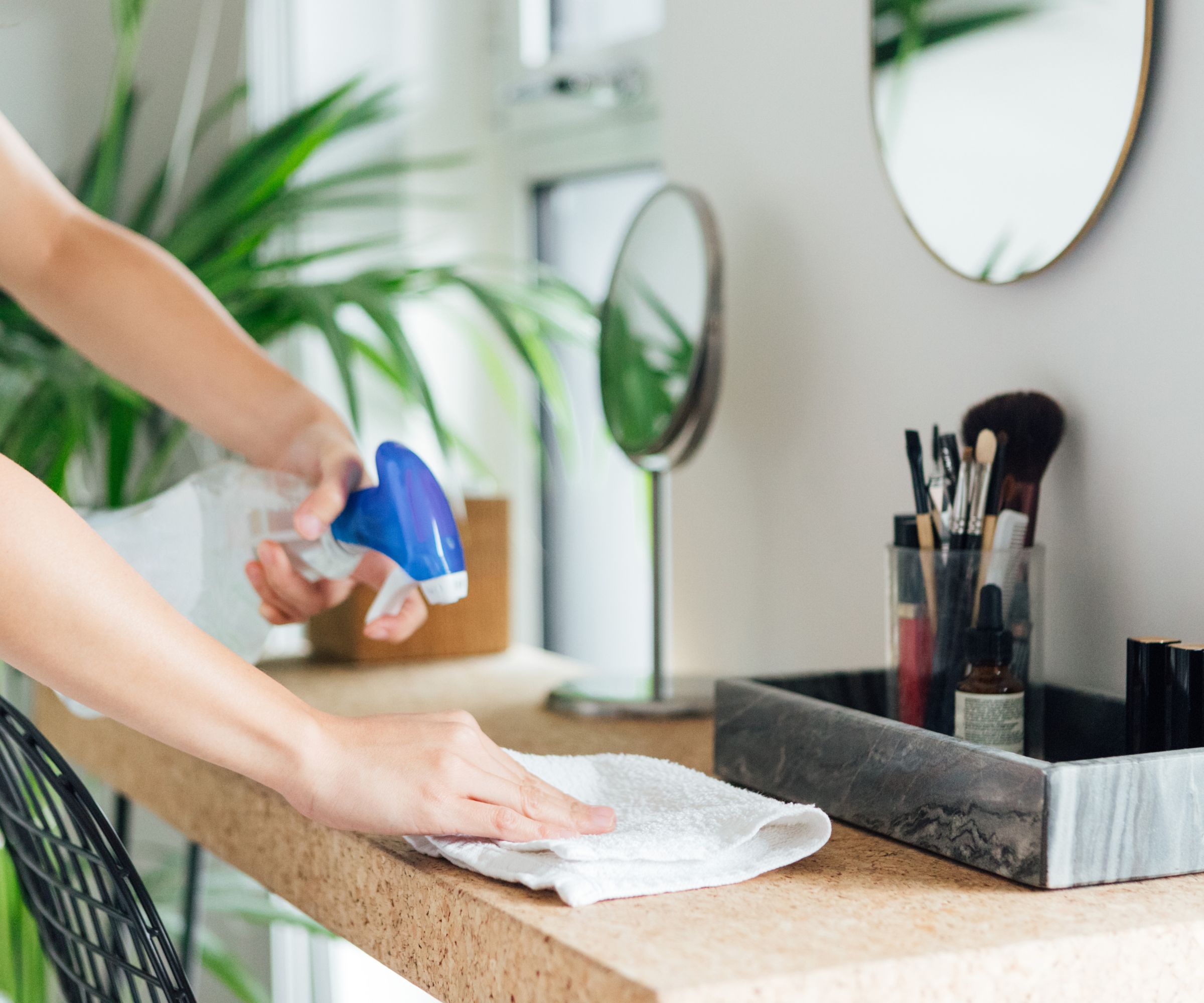
Dusting is necessary, but it's OK to let the task go when you're tired and need to rest, or have other pressing responsibilities
- You can’t sit down with a cup of coffee until every surface is dusted or wiped.
- You fold laundry multiple times because it’s not a 'shop display' standard.
- Tidying feels less like a choice and more like a compulsion.
- Even after you’ve cleaned, you’re scanning the room for what’s next.
- Resting makes you feel guilty, like you haven’t 'earned' it yet.
How to break the chore cycle of pathological productivity
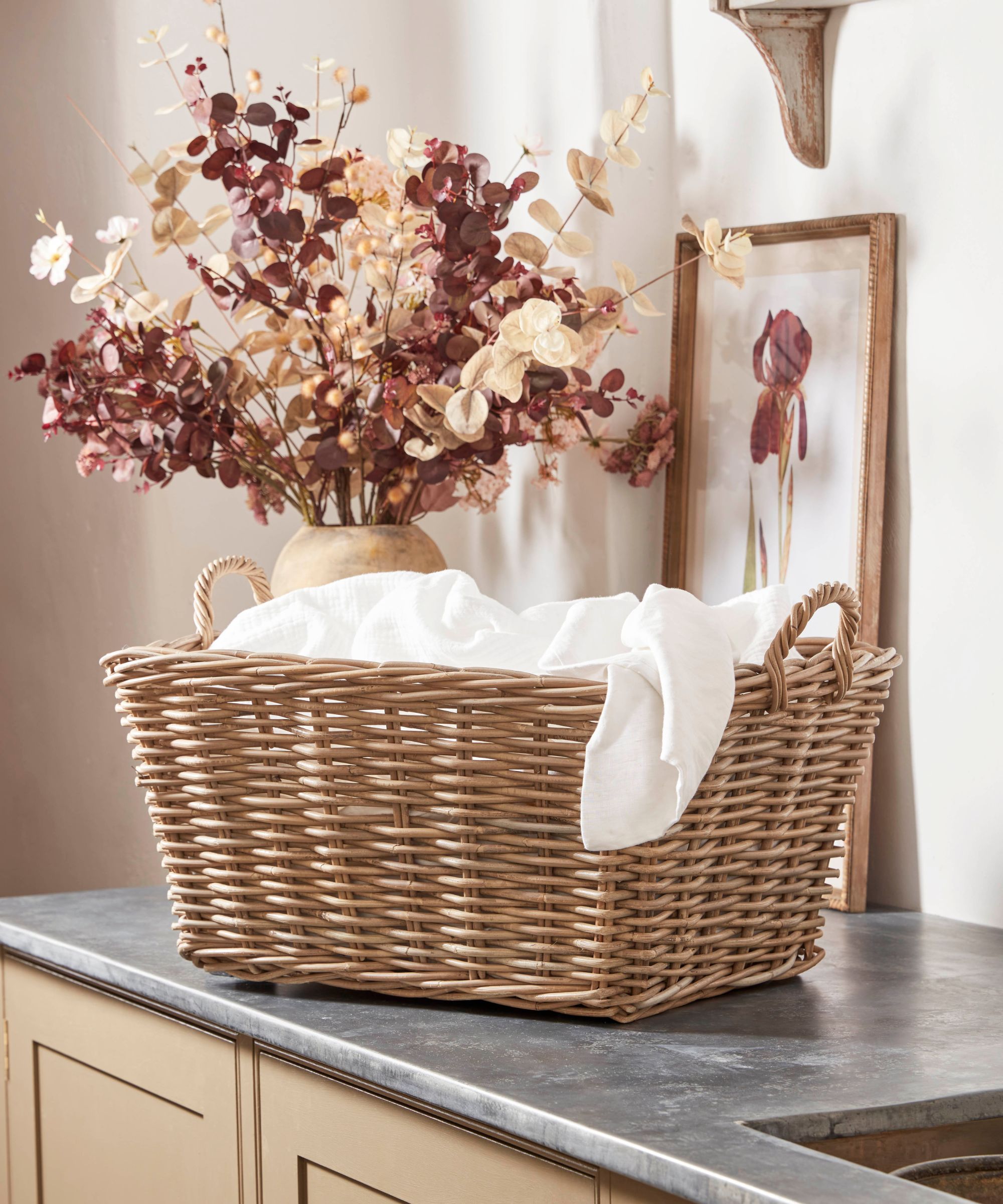
Ditching housekeeping perfectionism is one simple step you can take to ease the pressure
The trick isn’t to stop tidying your house completely, as mess and clutter can often add more stress. Instead, the aim here is to loosen this ‘maladaptive’ (negative or harmful) pattern's grip on your life.
Here are some simple ways to achieve this and break the cycle of pathological productivity:
- Set a 'good enough' rule: For example, the counters don’t have to gleam, they just have to be usable.
- Notice the urge: Ask yourself: “Am I tidying to care for myself, or to silence my discomfort?”
- Experiment with imperfection: Leave one corner a little messy (such as trying the Pick Up and Place technique to get some, not all of the tidying done) and see what happens. Spoiler: It may feel uncomfortable, but it won't be disastrous.
- Build a new ritual: Swap compulsive wiping for a short meditation, gentle stretch, or a phone call with a friend.
Tools to make housework easier without eating up all your time
Punteha van Terheyden, Head of Solved at Homes & Gardens, is chronically ill and limited in mobility. She says, ‘I am acutely aware I am a person whose tidying can easily slide into this spectrum of pathological productivity. However, as a result of my physical conditions, I have to clean using adaptive pacing, and am mindful when decluttering, because of my health.
'Below, I’ve handpicked some essential tools to help you still enjoy a ‘clean and tidy’ home, which has its benefits, without it eating up too much time or taking over your life.’
Punteha adds these are all items either she or the Solved team have personally tried and tested in their homes, and knows can really help reduce chore time and housekeeping stress in the real-world.
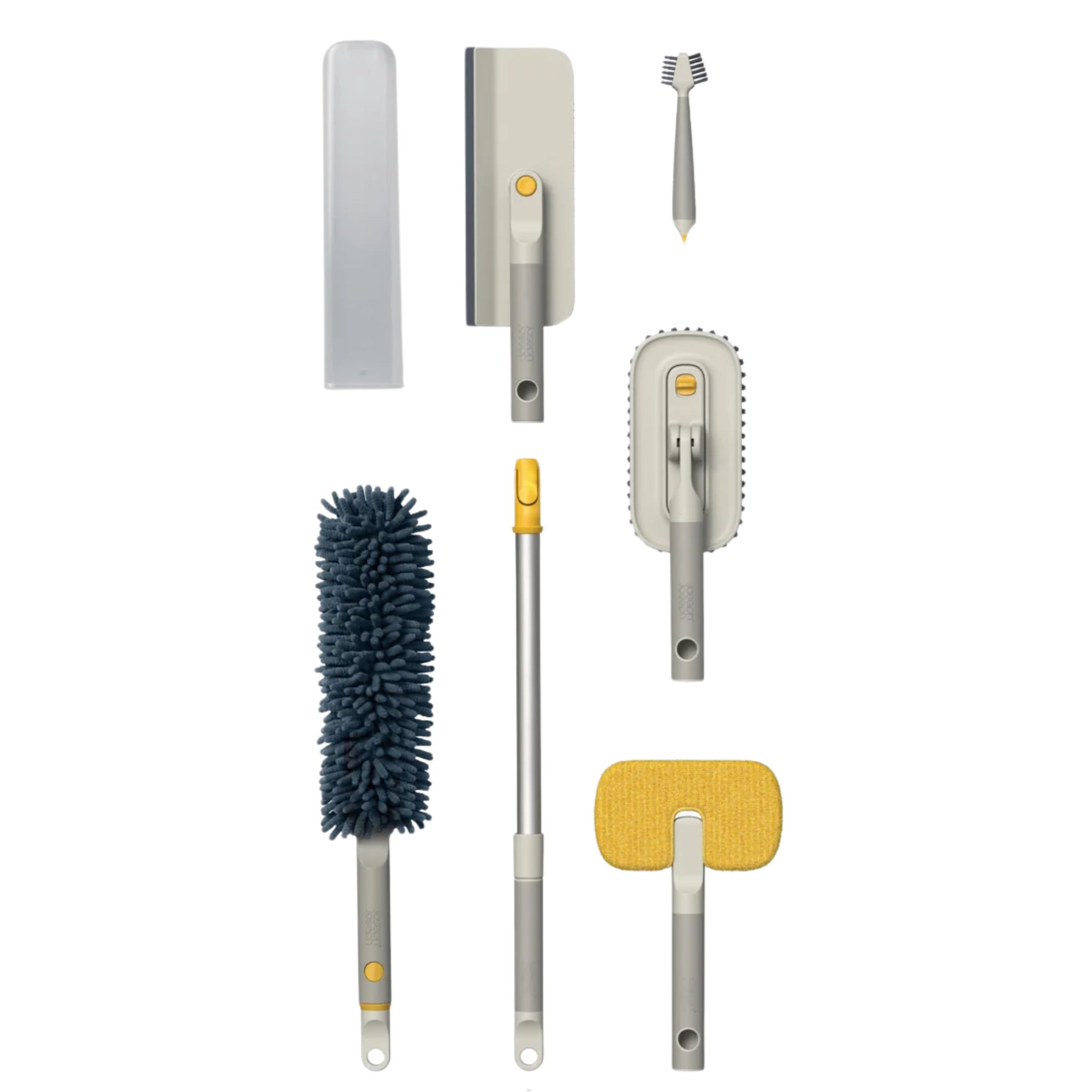
Work smarter, not harder. One cleaning system that converts with different heads will save you time going back and forth to grab different tools or moving multiple heavy appliances around. This system has a telescopic arm and is great for quickly cleaning, so you can be ‘done’ ASAP. News writer Ottilie Blackhall tried and loved it.
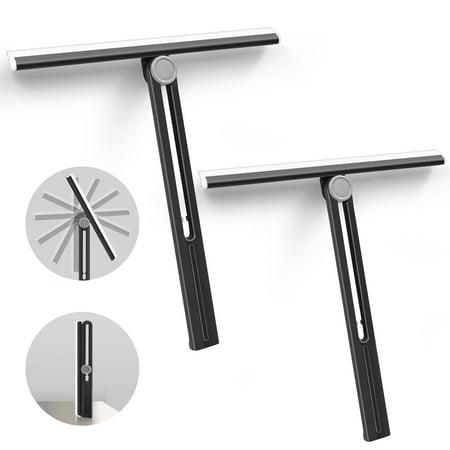
Showering? Wipe down your tiles and shower glass with a squeegee you store in the shower to keep your bathroom spotless with minimal effort Two minutes of squeegying at the end of your shower will save you 20 minutes of deep cleaning later.
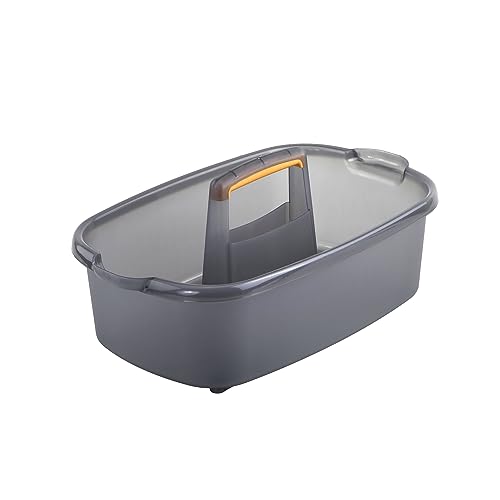
Have everything you need to do the job in one place, including microfiber towels, antibacterial sprays, scrubbing brushes, and Damp Dusters. This also makes it quicker to put things away once you’re done and put your feet up.
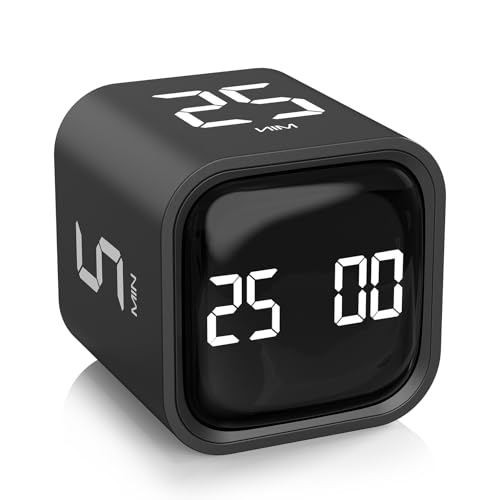
Set yourself a window to do the dusting, cleaning, tidying, or whatever else has been bothering you, or needs doing. But when you reach the end of that time, stop. It’s OK to pick up the task later, as resting and relaxation are so important for our well-being. This can help cap or moderate your chore time so you don’t go overboard.
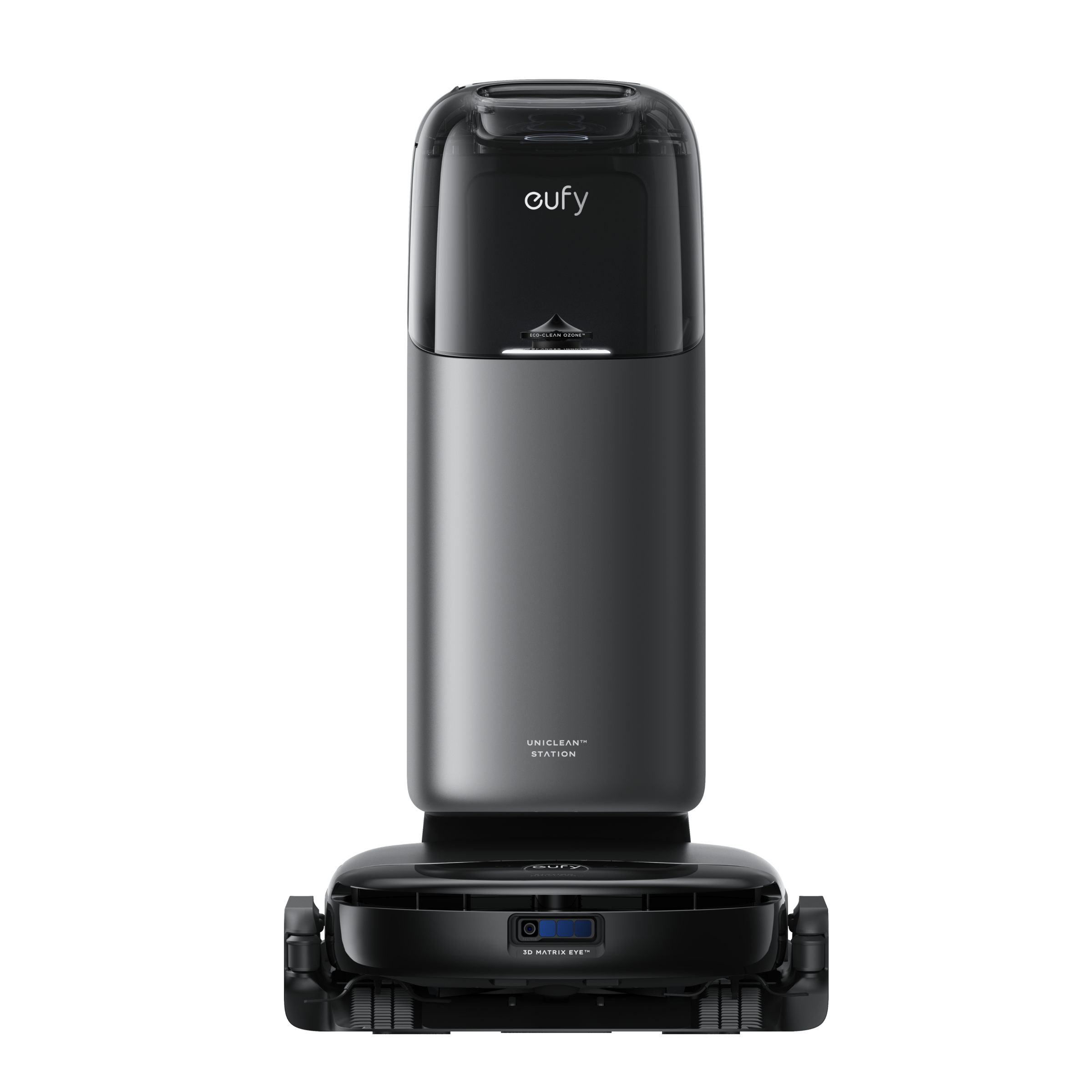
I have two cats and hate seeing their fur, or day-to-day debris on the floor. Getting this, which I reviewed and remains our best robot vacuum, means at the click of an app, our robot, which we have nicknamed Mrs Doubtfire, is off cleaning and mopping. She runs at least once a day and has reduced the need for us to mop or clean our floors with our canister vacuum by 90%. The job’s still getting done, just not by me.
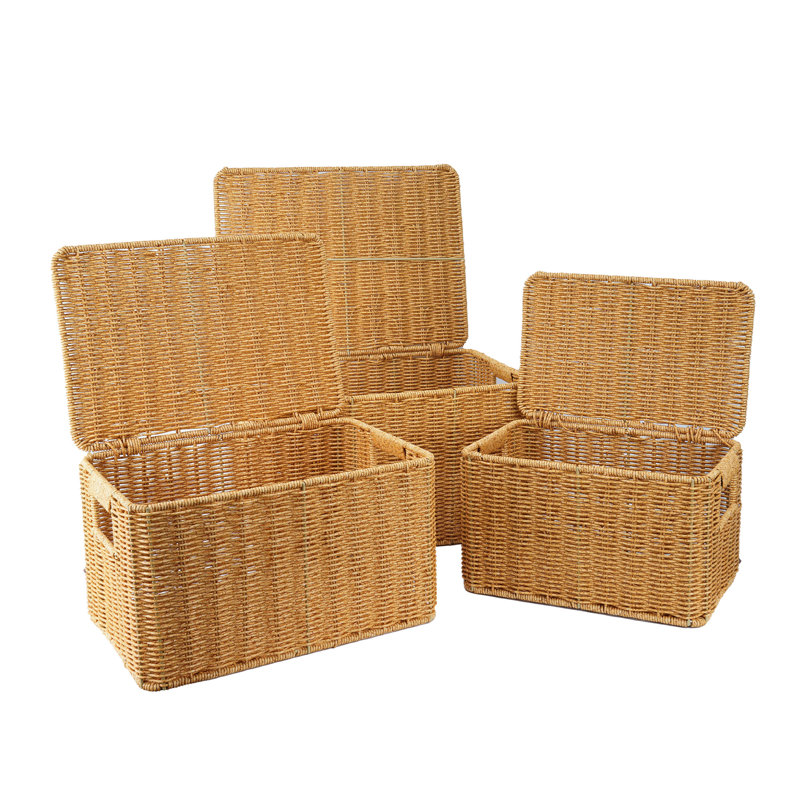
Baskets are my favorite creation, ever. When the living room is messy and I don’t have the energy to tidy, but I feel like I can’t rest till things are visually clear, I instead dump everything into a lidded basket and make a mental note to return to it another time when I have more capacity. Strategically placing baskets in common clutter hotspots is known as the desire path decluttering method, and it really works.
Ultimately, keeping a house clean and tidy is necessary for sanitation and reducing the visual stress of clutter. However, avoiding these habits from slipping into pathological productivity will serve you well in the long run.
Next, learn how to find the right balance when cleaning your home, and how to tidy when you’re feeling overwhelmed.

Psychologist and bestselling author, Dr Meg, started her longstanding international career focusing on medically unexplained conditions that left people feeling neglected and lost in a world of symptoms and pain.
Outside of her client work and authoring bestselling books, Dr Meg has contributed extensively to print, digital, and broadcast journalism outlets, including Stylist, Mail Online, Psychologies, Top Sante and Homes & Gardens, sharing how psychology relates to health and wellness.